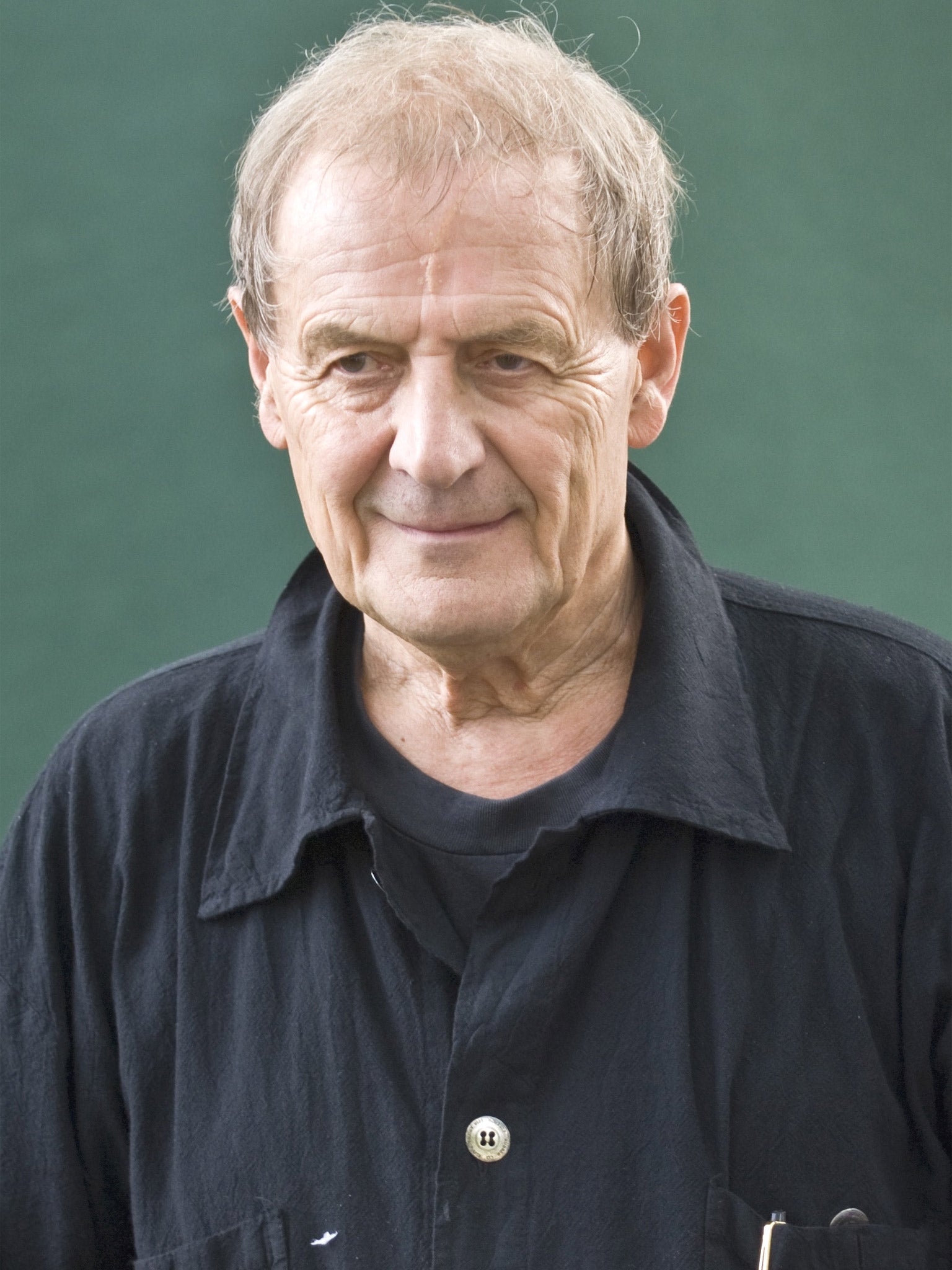The Week in Radio: Tony Harrison is 75 - but he hasn't aged and nor has V

Your support helps us to tell the story
From reproductive rights to climate change to Big Tech, The Independent is on the ground when the story is developing. Whether it's investigating the financials of Elon Musk's pro-Trump PAC or producing our latest documentary, 'The A Word', which shines a light on the American women fighting for reproductive rights, we know how important it is to parse out the facts from the messaging.
At such a critical moment in US history, we need reporters on the ground. Your donation allows us to keep sending journalists to speak to both sides of the story.
The Independent is trusted by Americans across the entire political spectrum. And unlike many other quality news outlets, we choose not to lock Americans out of our reporting and analysis with paywalls. We believe quality journalism should be available to everyone, paid for by those who can afford it.
Your support makes all the difference.In the summer of 1972 Alice Cooper, the fright-wigged shock-rocker, sent Mary Whitehouse, the blue-rinsed umbrage-taker, a bunch of flowers along with a note of thanks. Through the latter's vociferous campaigning to have Cooper's single "School's Out" banned from Top of the Pops, she inadvertently propelled it to the top of the charts.
The poet Tony Harrison might have considered a similar token of gratitude for the Conservative MP Gerald Howarth who, 25 years ago, led a campaign to prevent a reading of Tony Harrison's poem V, which contained 90 swear words — we know this because The Sun newspaper was kind enough to count them — from being broadcast on Channel 4 as part of a Richard Eyre film, thus swelling its audience from the anticipated few thousand to 2.5 million.
I doubt that the poem's late-night airing on Radio 4 on Monday pulled the same ratings, or provoked a millionth of the fuss, despite the station's best efforts to stir up some outrage with a slew of press releases that all but begged us to storm Parliament and torch Broadcasting House. Last month, the controller Gwyneth Williams announced that she wanted to throw some fireworks into the schedules. This, apparently, was the first rocket.
There may have been a scattering of listeners whose knickers got vaguely knotty over Harrison's liberal sprinkling of the words "fuck" and "cunt", the same type of people who find themselves unusually hot under the collar at the sight of a children's TV character in a Jimmy Savile wig and start dashing off letters to Ofcom in telltale green ink. But I'm guessing that most heard it for what it was: a howl of rage and a shattering reflection on the state of his city, his country and of human nature.
Harrison wrote the poem after visiting his parents' graves in Holbeck Cemetery in Beeston, Leeds, to find them vandalised. He imagines a conversation with the aerosol-wielding skins who, taking a shortcut back home from the football stadium up the road, had defaced the tombstones on a drunken whim. The poem's title stands not for victory but for "versus", signifying the divisions at the heart of British life – "Leeds v. Derby, Black/White, and (as I have known to my cost) man v. wife, Communist v. Fascist, Left v. Right..."
But before the reading came the context, courtesy of the writer Blake Morrison who, 25 years ago, as the literary editor of a Sunday newspaper, had written that viewers were right to be shocked by V, not by the language but by of the poem's unflinching examination of a polarised society. Regarding the swearing, the poet Khadija Ibrahim, who runs writing workshops in Leeds, told Morrison: "If he didn't use those words, he would be dishonest as a poet. You wouldn't know about the Beeston environment. It's the language of the people."
The poem had some impressive defenders first time around – Auberon Waugh, Harold Pinter, Joan Bakewell and Melvyn Bragg – but they weren't needed now. The only dissenting voice was Gerald Howarth, still thumping his tub a quarter of a century later, but with a noticeably smaller voice.
And Harrison? He's 75 now, the age at which in V he wonders if he might be joining his parents on the family plot. But he didn't sound old and nor did his poem. You don't hear much about "skins" now, but replace them with "hoodies" or "chavs" and, with the references to unemployment, hardship, religious divisions, the rich and the poor, the educated and ill-educated, and Britain doesn't look or sound so very different. It's this, not the "four-letter filth", that's shocking.
Join our commenting forum
Join thought-provoking conversations, follow other Independent readers and see their replies
Comments